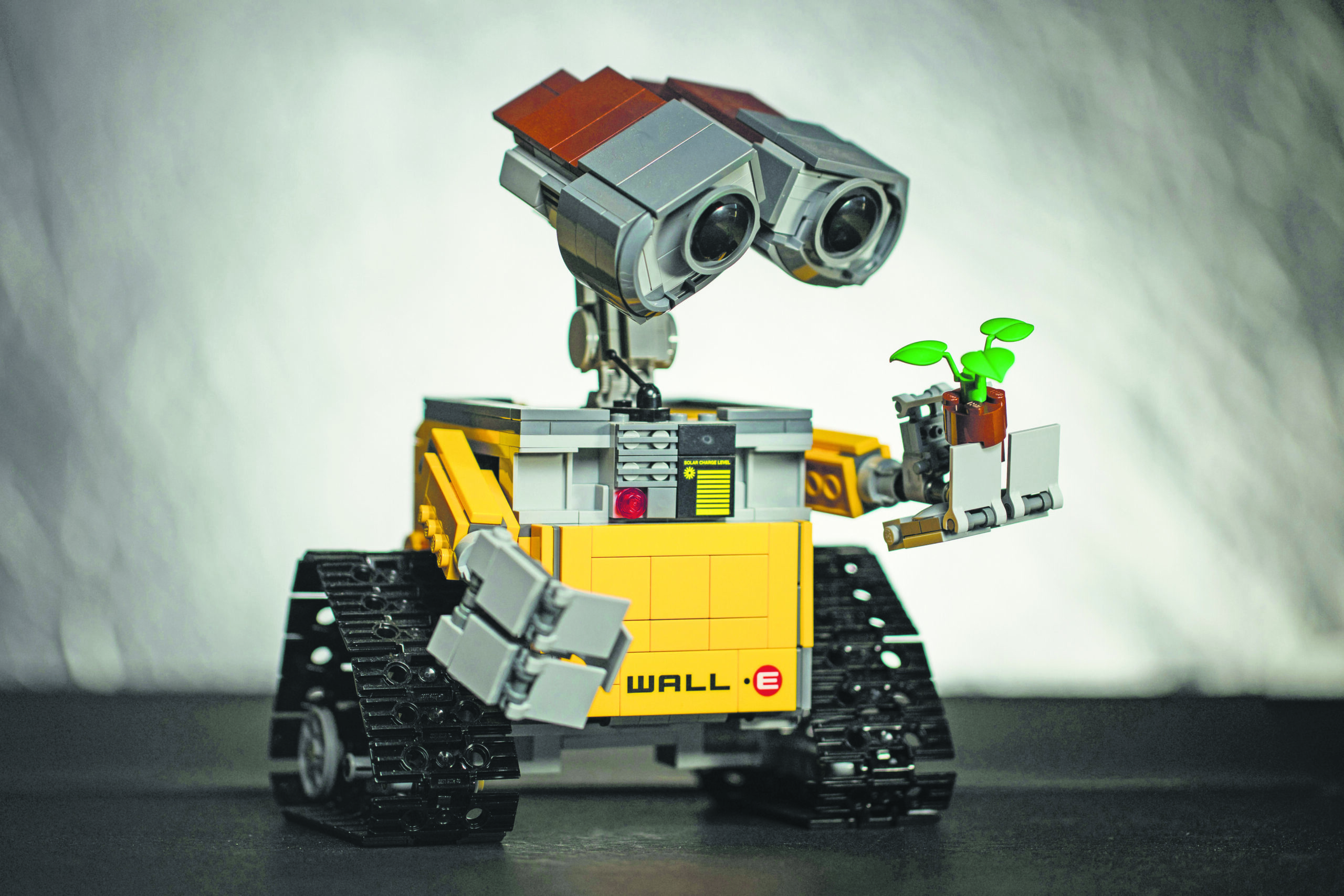
Technological advancements, particularly in robotics and automation, have become indispensable to modern businesses. The service sector, including hospitality establishments like hotels and restaurants, has particularly embraced these innovations to enhance guest experiences.
According to Market Research Future, the restaurant delivery robots market is expected to grow at a compound annual growth rate (CAGR) of 21.4% from $203 billion in 2023 to $99.3 billion by 2032, illustrating the significant uptake of automation in this sector.
Restaurants are increasingly adopting Robot-as-a-Service (RaaS) models to optimise operatrions and enhance customer satisfaction. With labor shortages and rising costs, robots offer an appealing solution for restaurant owners seeking efficiency and cost effectiveness.
While automation has been around for a while, modern robots are taking it to the next level. They provide 24/7 assistance to patrons, handle inquiries, manage reservations, and even offer personalised recommendations. These robots, serving as a valuable asset to hospitality establishments, streamline operations, enhance guest experiences, and boost efficiency.
The rising role of robots in the service industry
Robots are reshaping service delivery across industries, offering unparalleled efficiency and accuracy. In sectors such as hospitality, robots are taking on roles such as room service delivery, concierge services, and front desk operations. By automating these tasks, robots not only enhance efficiency but also enable human employees to focus on more intricate and personalised guest interactions. Their tireless 24/7 operation ensures consistent service delivery without fatigue or breaks, transforming operations.
Hospitality emerges as a frontrunner in embracing robotic solutions Allied Market Research forecasts that the global service robotics market in hospitality is expected to reach $1.5 billion by 2025, with a compound annual growth rate (CAGR) of 17.8% from 2018 to 2025. This growth is driven by the increasing demand for personalised services and the need for cost-effective solutions to address labor shortages.
When it comes to integrating robotics into business operations, owners typically have two options: Robot-as-a-Service (RAAS), and purchasing robots outright. The choice comes down to priorities, expertise, and investment strategies. In all cases, in order to ensure the swift adoption of automation technology, partering with a reliable provider is necessary. Some fact0rs to look out for are personalisation capabilities, ready-for-use software, after-sales support, and an integrated digital ecosystem. This ensures optimal performance, making sure business needs are met and that the adoption of robotics is a hassle free experience that adds value without disrupting operations.
The future of work
The integration of robots into the service industry has brought about undeniable benefits in terms of increased efficiency and productivity. However, it has also raised concerns about the future of work and the displacement of human workers. The World Economic Forum predicts that by 2025, automation and a new division of labor between humans and machines will disrupt 85 million jobs globally in medium and large businesses. Despite this, robotics and automation are also expected to create new job opportunities in areas such as robot maintenance, programming, and supervision.
Robotics and automation: Driving the future of the service Sector
In a nutshell, the rise of tech-powered robots in the service industry signals a future where human-robot collaboration is not only commonplace but essential for businesses to remain competitive in a rapidly evolving marketplace.
Robots have the potential to enhance efficiency, improve customer experiences, and transform traditional business models, thereby poised to play an integral role in shaping the future of service delivery across various sectors. As we embrace the prospects of this tech-powered future, it is essential to navigate the challenges and opportunities it presents with foresight and adaptability.
The article will be attributed to Mr.Sanjeev Kumar, Founder, Alphadroid